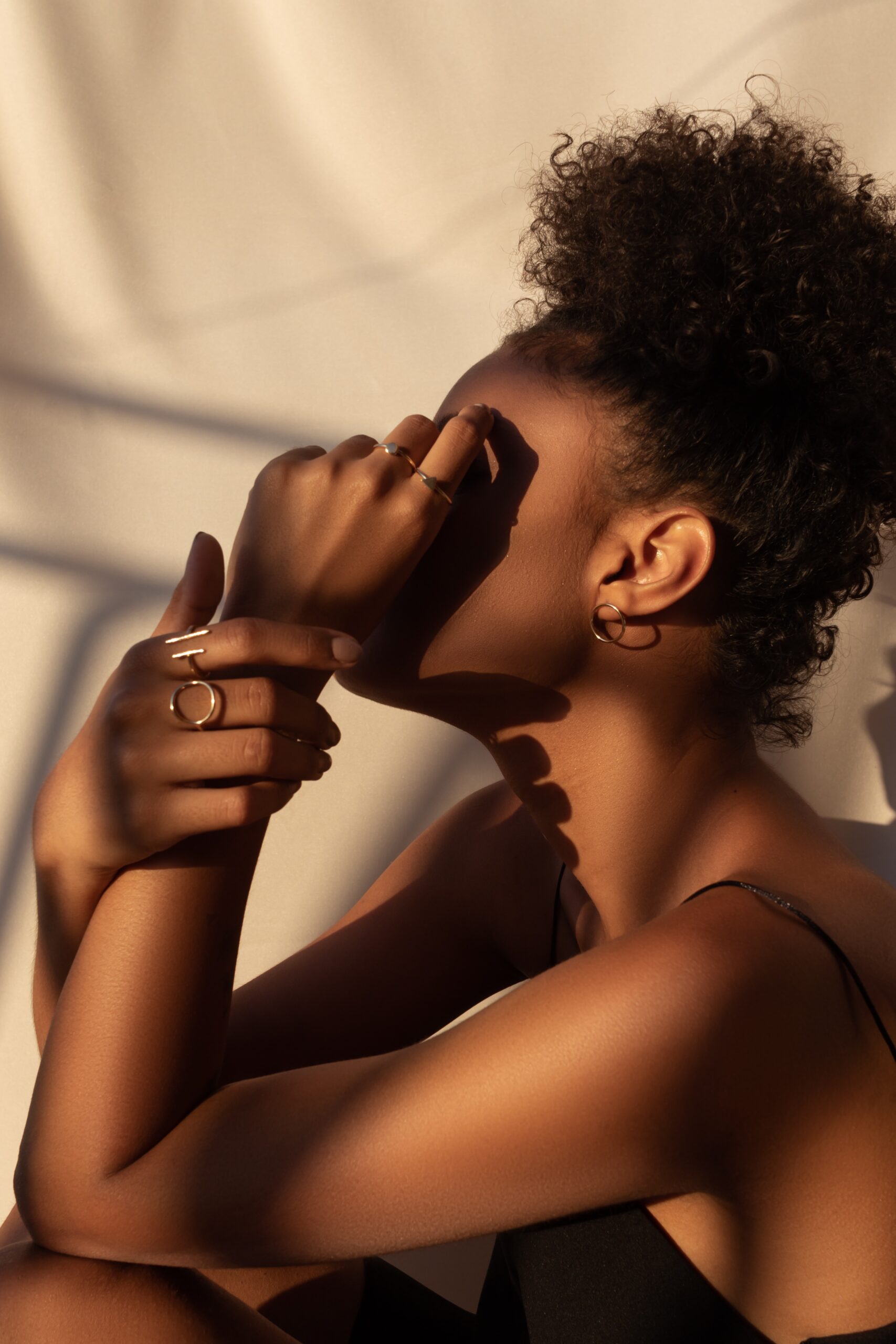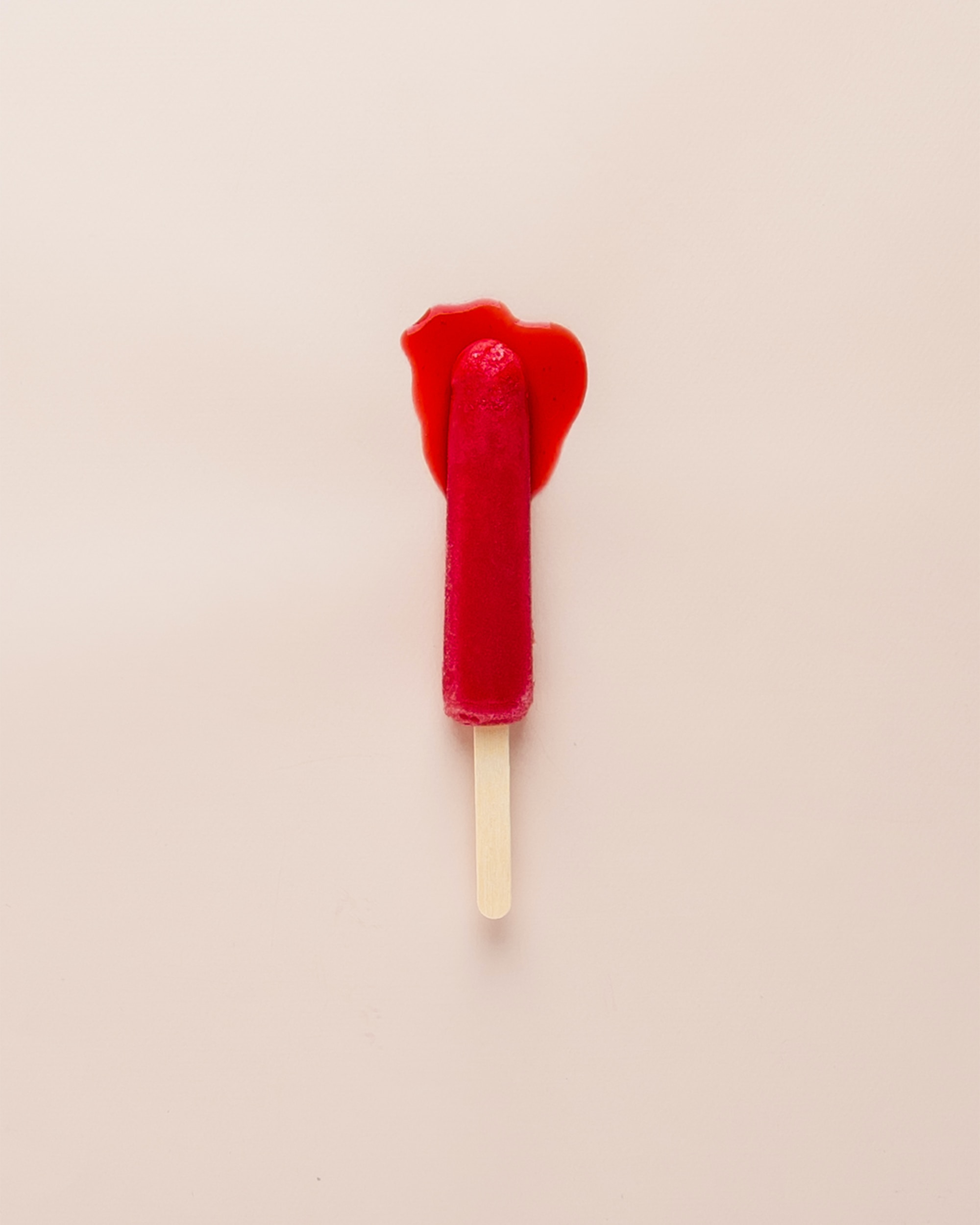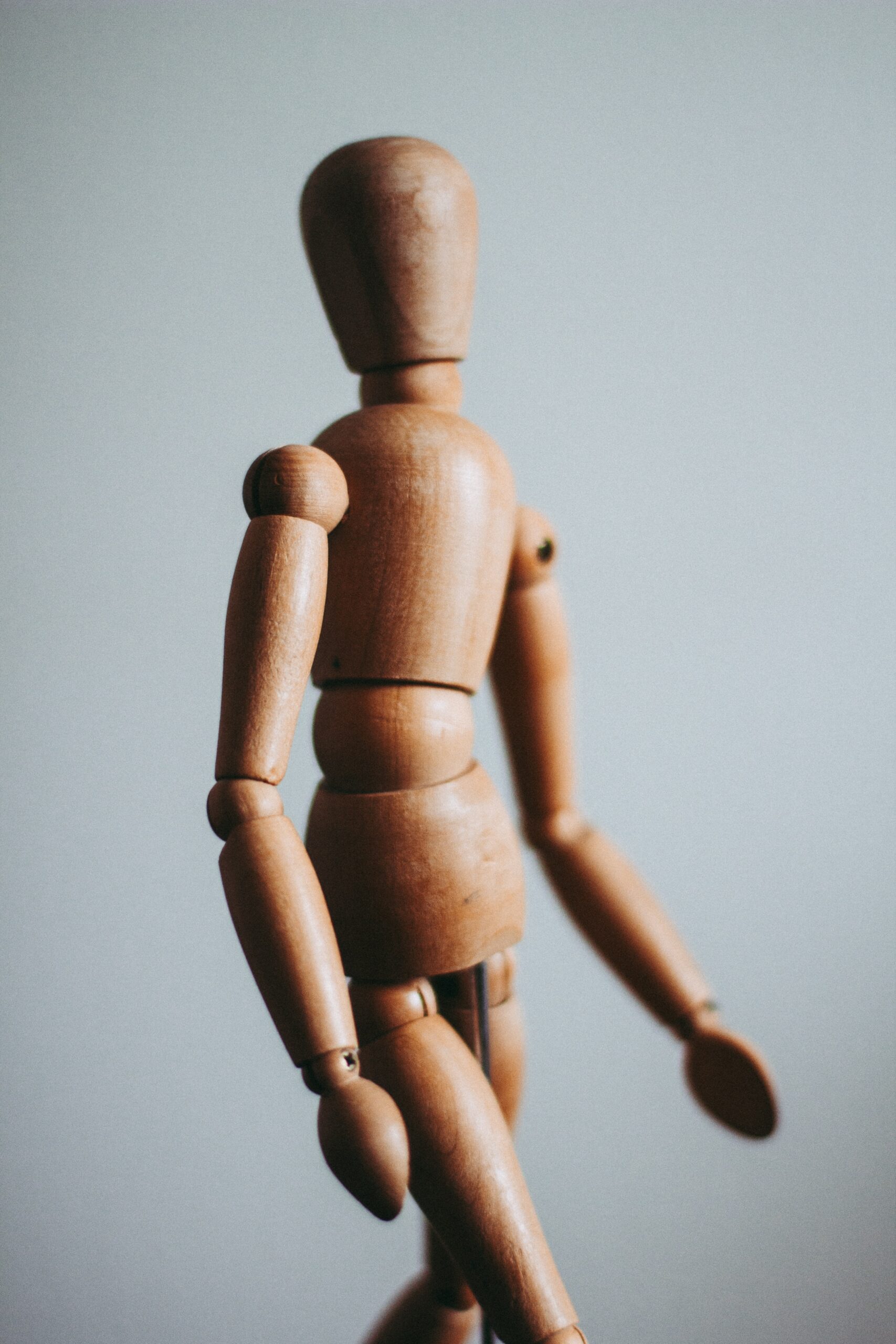
Photo by Dom Aguiar on Unsplash
The roots of body positivity are pure.
Queer, trans, and/or disabled BIPOC are worthy of celebration as much as their counterparts. Even if they don’t fit the European standard of “beauty,” which is often skinny, tall, long blonde hair, able-bodied, and slender nose (the ski slope?), they are no less beautiful than them.
Mainstream shifted the message of body positivity from its original meaning to focusing on heterosexual, CIS-gendered, able-bodied, White women that are “kind of curvy.”
In an article for Vice, plus-size blogger, Amena Azeez states, “In India, body positivity has now been reduced to ‘self-love’,” she explains. “It is a cooler way to say, ‘I love my non-skinny body.’ Body positivity has lost all its activism and political steam and has now become a trend, a hashtag, a marketing tool.”
And yes, people in larger bodies don’t deserve to be discriminated against, shamed, or yelled at for merely existing.
As someone who lives in a larger body, I have struggled a lot with accepting this part of myself. At first, it was other people telling me I wasn’t good enough because of my size: I was never pretty enough, smart enough; I was a great dancer, but because of my size I wouldn’t go anywhere with it.
Because of these comments told to my face and by society at large, I have often stopped short of pursuing what I want to do with my life. I developed disordered eating that I still struggle with to this day.
What is realistic for me?
Making the decision to lose weight had to be about me, and no one else. And this is where body positivity loses me.
When people in larger bodies say they want to lose weight, it gets criticized by those part of the body positivity movement. What is supposed to be body positivity and turns into body policing.
“I’m only saying this because I care.” You don’t care, you’re being an asshole.
“Don’t fall into diet culture!”
I understand diet culture is an asshole. There are many diet programs capitalizing off of insecurities and fears, especially in the US, because we don’t have a basic understanding of nutrition. Shakes and teas that are just laxatives in disguise promising an ideal body that’s not obtainable by a shake. But also, eating whatever you want all the time is dangerous and terrible. If I could live off of cookie dough, french fries, and sweet tea I would. But you know why I can’t do that? Because sugar spikes insulin and PCOS already makes me insulin-resistant making me more prone to diabetes. Instead of throwing it out of my diet completely, I make them less of a priority than healthier foods like oatmeal, broccoli, chicken, avocado, etc.
Eating for your health is not a bad thing. You don’t have to subscribe to the notion that “carbs are bad” and develop unhealthy attitudes towards foods, but you can be mindful of what you’re feeding your body also.
“But your body is fine the way it is!” The most toxic of body positivity.
I’m glad you feel that way, but I don’t.
Being positive because for other people is the same as hating yourself because others tell you to. It’s important to navigate through the chaos on your own terms.
I’m not down with faux positivity. It’s like telling someone with depression and other mood disorders that they can be happy if they choose to be.
Faux positivity is being complacent by saying, “my body is fine as it and nothing needs to change.” But if I know what I can do, why not make goals to do it? What’s wrong with challenging myself? How is mediocracy positive?
In therapy, something clicked.
Why worry about people being mad about your weight loss journey? It’s your body, sweet pea.
With back pain, PCOS flare-ups, and hypothyroidism, I know I need to take control of my health. Yes, this involves losing weight. That means putting up safeguards when it comes to logging food, (I don’t log green vegetables or coffee unless it’s a Starbucks treat) and prioritize food by how they make me feel vs. good and bad (eggs, tomatoes, and avocados are a high priority because I genuinely love eating them while eating super sweet treats are lower because it does make my stomach hurt and give me the blahs. No gluten unless I go to West, Texas for kolaches; they’re worth the stomach pains).
That also means I pledge to move my body five days a week doing things I love and doesn’t stress it out (hi damaged adrenal glands).
My goal is to be healthier, and for me, that also means losing weight to help offset certain diseases.
I want to love body positivity. If the celebration of all bodies came back and we truly celebrated without policing, I could get on board again.
Maybe one day.



